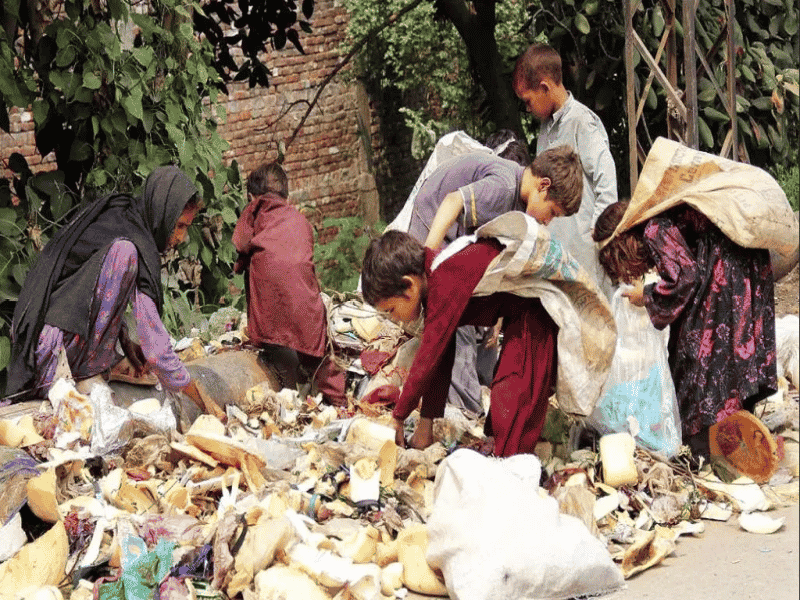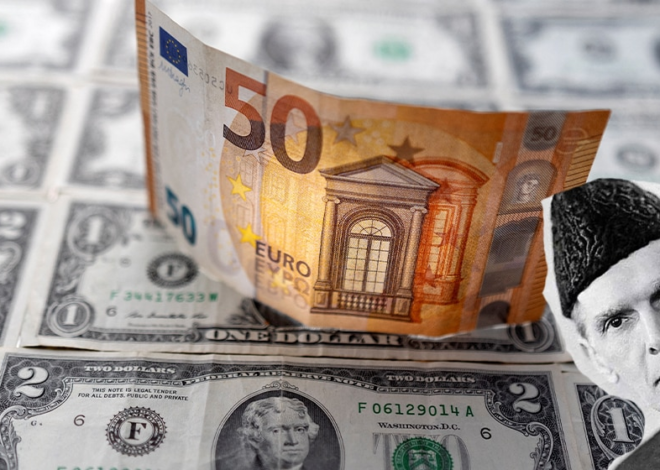
Poverty in Pakistan Rises to 25.3%
A recent World Bank report has revealed that poverty in Pakistan has surged to 25.3%, sparking deep concern about the nation’s economic health. The findings underline the growing financial strain on households, with inflation, shrinking job opportunities, and fragile social safety nets worsening the crisis. The alarming figure has intensified discussions among policymakers, economists, and civil society, who are calling for urgent measures to restore economic stability and protect vulnerable communities.
Inflation and Rising Living Costs
One of the primary drivers of the surge in poverty is persistent inflation, which has eroded the purchasing power of ordinary citizens. Basic necessities such as food, energy, and housing have become unaffordable for many families. The burden is particularly heavy on low- and middle-income groups, who now struggle to meet essential household expenses. This prolonged inflationary pressure has widened inequality, leaving millions at risk of slipping below the poverty line.
Limited Employment Opportunities
The employment sector has also failed to keep pace with population growth. Limited job creation, coupled with underemployment, has added to the challenges faced by young people and skilled workers. The lack of sustainable industries and investment in job-generating sectors has prevented meaningful progress in addressing unemployment. As a result, households that once managed to stay above the poverty threshold are now finding themselves increasingly vulnerable.
Weak Social Safety Nets
The World Bank report also highlights the insufficiency of Pakistan’s social protection systems. Programs designed to provide relief to the poor and marginalized remain inadequate in both reach and effectiveness. While initiatives like cash transfers and subsidies exist, they often fail to address the scale of need, leaving large segments of the population without support. Strengthening and expanding these programs is viewed as essential to mitigating the growing poverty crisis.
Debate Among Policymakers and Economists
The report has triggered widespread debate within government and policy circles. Economists argue that short-term relief measures, though necessary, must be complemented by long-term reforms to address structural weaknesses in the economy. Civil society organizations are also pressing for greater inclusivity in growth strategies, emphasizing the need to invest in education, healthcare, and rural development to break the cycle of poverty.
Call for Inclusive Growth and Stability
Experts stress that tackling poverty requires a multi-faceted approach. This includes stabilizing inflation, creating employment opportunities, and enhancing social welfare programs. There is also a growing consensus that Pakistan must adopt policies that ensure inclusive growth, where the benefits of economic expansion are shared across all segments of society. Without these measures, the rising poverty rate could undermine social cohesion and long-term stability.
The World Bank’s findings serve as a reminder of the urgent need to rethink economic priorities, focusing not only on growth but also on equity and resilience for Pakistan’s population.







